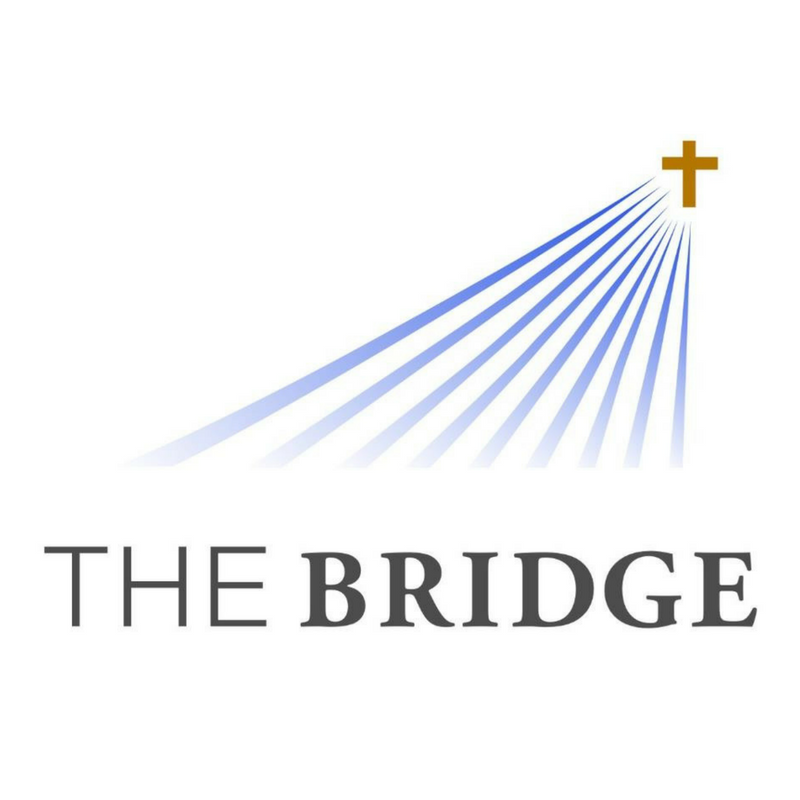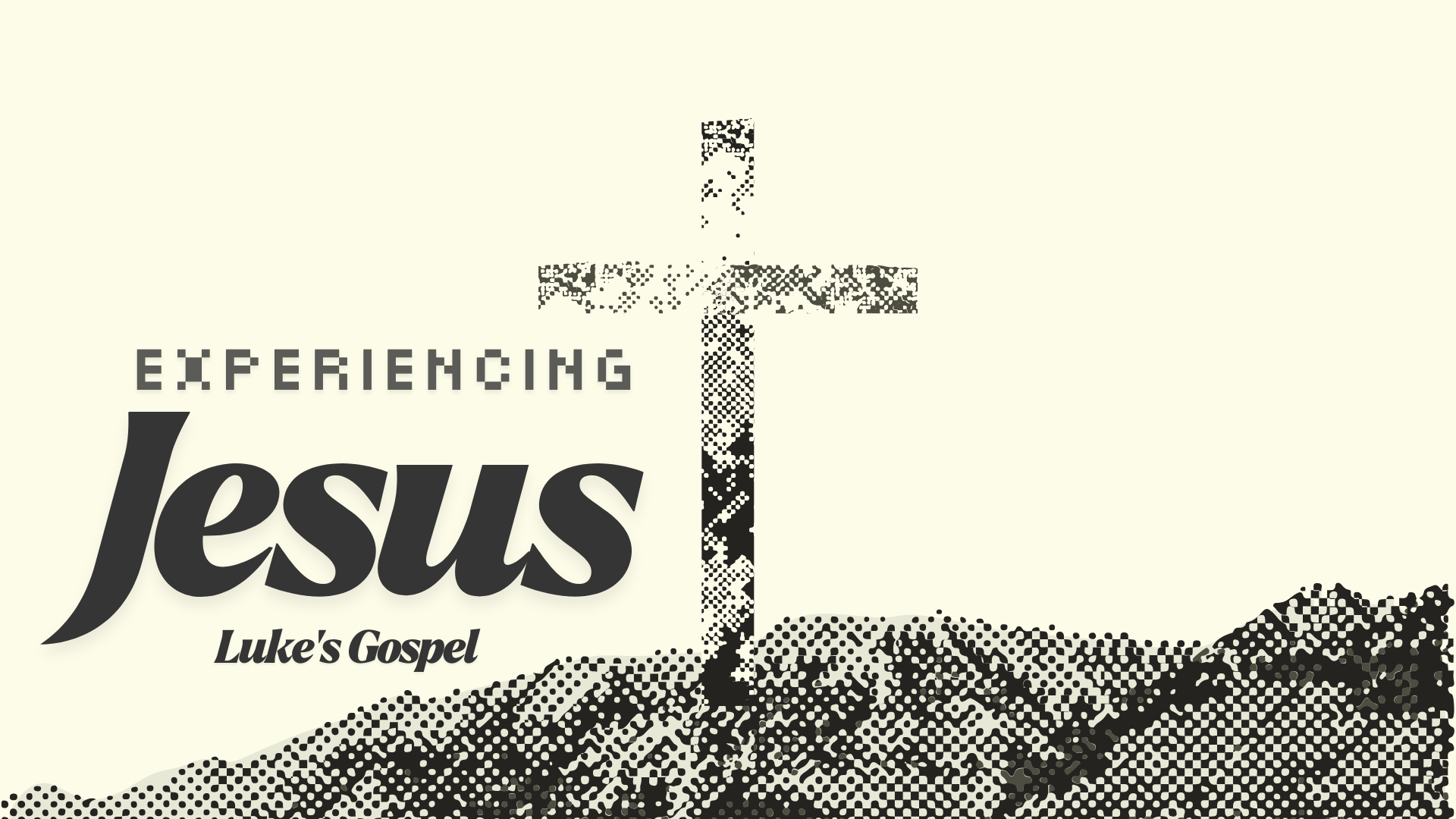Do You Feel the World is Broken?
/Luke 4:14-44
He stood up in the temple, unrolled the scroll, and read the words of Isaiah. “The Spirit of the Lord is on me, because he has anointed me to proclaim good news to the poor. He has sent me to proclaim freedom for the prisoners and recovery of sight for the blind, to set the oppressed free, to proclaim the year of the Lord’s favor.”
Every eye in the synagogue was fastened on him, this son of Joseph, prophet of Nazareth, when he unequivocally stated “Today, this scripture is fulfilled in your hearing.”
All of Scripture shows us who God is and reveals His heart. When I read these words in Luke, I’m captivated. How unlike any god in history is Yahweh! How compassionate is our Lord? There is truly none like Him!
I hope you feel the same. I pray your heart is drawn to the One who sets the oppressed free, to our Savior who gives sight to the blind and proclaims good news to the poor.
Lately though, I’m wondering how to reconcile the truth of who Jesus is with the reality of the world I see. I find myself quietly singing.
“Do you feel the world is broken?
We do.
Do you feel the shadows deepen?
We do.
Do you know that all the dark won’t stop the light from getting through?”
And then I stop. Because, do I?
I know the world is broken and I feel the shadows deepen. And as the darkness encroaches, it’s starting to feel so suffocating that I wonder if perhaps the light just can’t break through. Can you relate?
I don’t want to bypass any grief you are feeling. There is so much to lament. Sometimes, we need to sit with our sadness before the Lord. Our God weeps with us, and that’s a comfort. But after you’ve grieved, when you’re ready, come back. There’s work to be done.
John 1:4-5 says “In Him was light, and that light was the light of all mankind. The light shines in the darkness, and the darkness has not overcome it.” Jesus IS the light of the world, and when we believe, His Spirit within us gives us the grace to reflect His light to others.
The mission of Christ continues in the work of His Church. We are His ambassadors. The Spirit of the Lord is in us, and he has anointed us to proclaim good news to the poor. He has sent us to proclaim freedom for the prisoners and recovery of sight for the blind, to set the oppressed free, to proclaim the year of the Lord’s favor.
As the world gets worse, we have a choice. Will we be overcome by evil? Will we be so weighed down by the darkness that we succumb to it, or even worse, join in with it? Or will we overcome evil with good? Because we have seen Goodness in Jesus. We know the God-man who unrolled the scroll and fulfilled the scripture that day in the synagogue. He laid down his life for the world, and our wounds have been healed by His stripes. He has shown us how to be good, and by His Spirit enables us to do good for the good of others, not merely for goodness’ sake, but so the world will know what kind of God we have.
I’m praying our light shines brightly.
Natalie







